Working remotely as a Global Instrument Support Engineer
Olalekan Ayinde is based in Nigeria. He works for Erba Mannheim as a Global Instrument Support Engineer. He troubleshoots, installs, repairs, and maintains designated equipment along with performing complete preventive maintenance and field modifications.
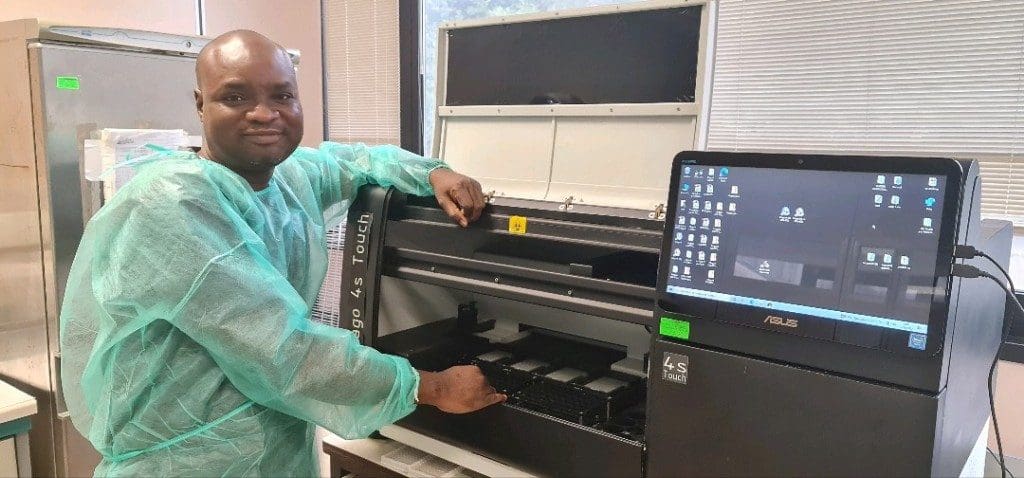

Background and path to biomedical engineering
You studied electrical and electronic engineering. Was there a particular person who suggested this to you or inspired you?
To be honest, I knew next to nothing about Biomedical Engineering until my first Job with Astra Instruments.
It was a case of me trying to get a job in an area where I can practise in my field. Since then, though, I haven’t looked back. I must add that I have enjoyed every bit of the challenges and day-to-day activities as a Field Service Engineer for Medical Equipment.
Were there any childhood interests which were a factor?
I will say my love for electronics made me pursue a degree in Electronics Engineering and as a result, I found Biomedical Engineering interesting.
What made you move into medical equipment and instrument support engineering?
It was fate actually and my passion for Engineering.
Typical day as an Instrument Support Engineer
You work remotely for about 70% of the time. What’s your typical day like?
My typical day start as early as 6am, waking up to customer calls and a bundle of emails because I cover different parts of Africa. (There are six different time zones across Africa.)
I am on the phone for most of the afternoons on emergencies, and as much as possible trying to stick to my daily schedule.
In some cases, I am out there in the Lab trying to solve customer issues on schedule.
The later part of my day is spent on replying to emails again.
What advice would you give to someone who is just starting to work remotely?
I think the key thing is that you should try as much as possible to plan your day accordingly, even in the midst of the usual distractions.
Which is the busiest day of the week, or month of the year? Is there a pattern?
There are no particular patterns really. However, Tuesday and Thursday are busy as it is when I hold meetings with our distributors across my assigned region.
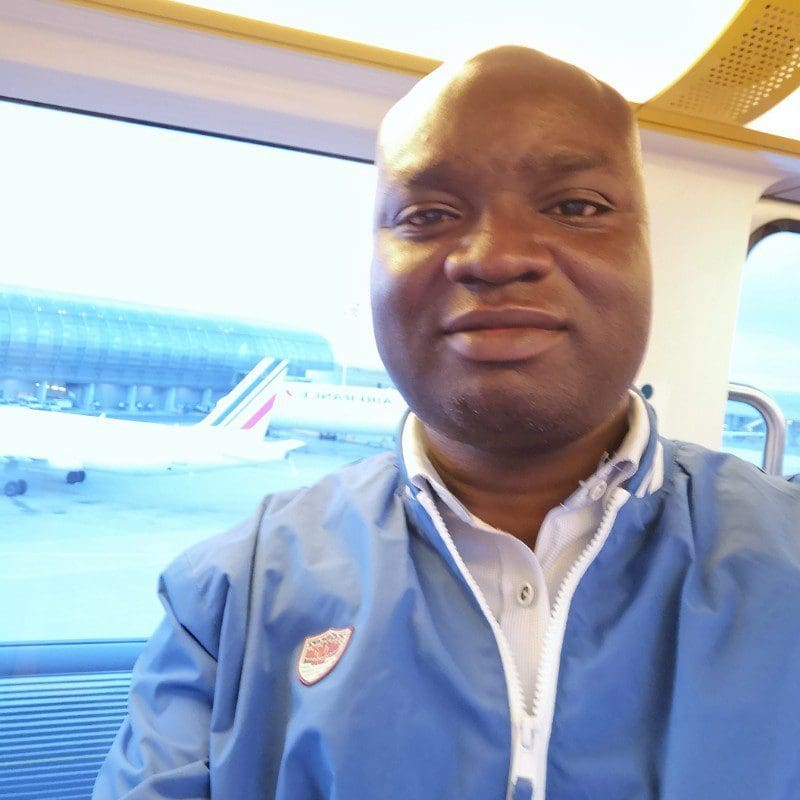

You work for a German company. What have you noticed about the differences in working practices between Nigeria and Germany?
Actually, I work with a Multinational Company, Mannheim happens to be one of our Subsidiaries. Generally, the collaboration across board is commendable within Erba Mannheim as a Company. Everyone works to promote the culture, pursue the Vision, and fulfil the mission of the Company.
Most challenging part of the job as a global Instrument Support Engineer
What do you find most challenging when you are working?
That’s easy to answer – troubleshooting remotely.
What has been your most challenging job to date?
My most challenging job was working on the Roche Cobas 6800/8800 molecular system with my previous employer.
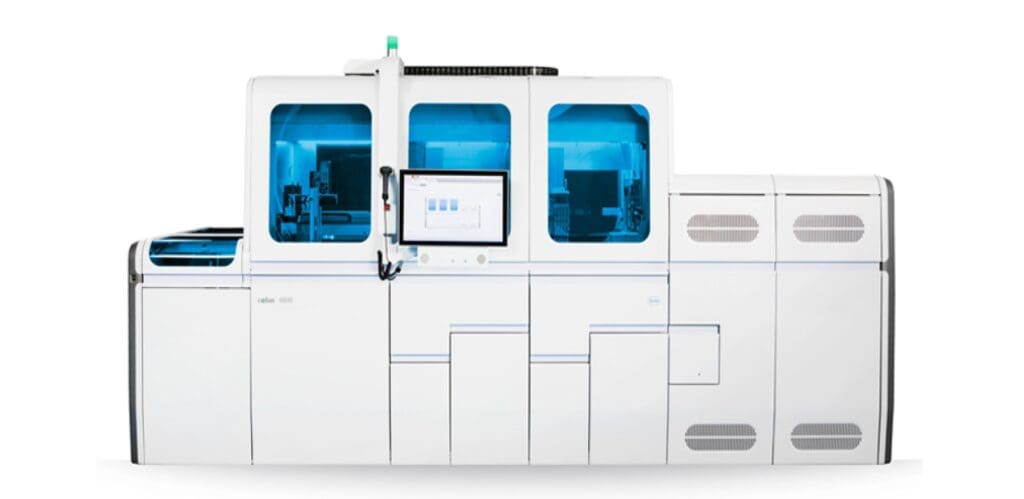

Have you ever arrived on site and found that it’s been much easier than you expected?
Yes, it has happened. Maybe just need to plug the power supply cable to the mains!
Equipment supported as an Instrument Engineer
What sort of equipment are you supporting at the moment?
Fully automated Chemistry, Hematology, Urinalysis, Immunology, and Electrolyte.
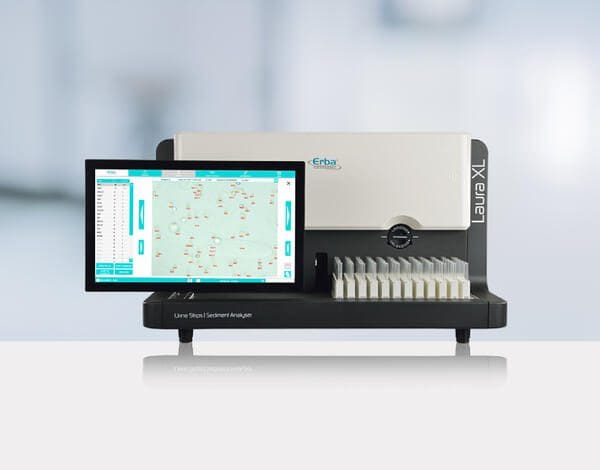

Will this change over the next 12 months?
Maybe if a better opportunity beckons😊
Which piece of equipment has really impressed you in terms of design to make servicing and installing easier?
The Mago 4 and Mago 4s ELISA microprocessor really impressed me.
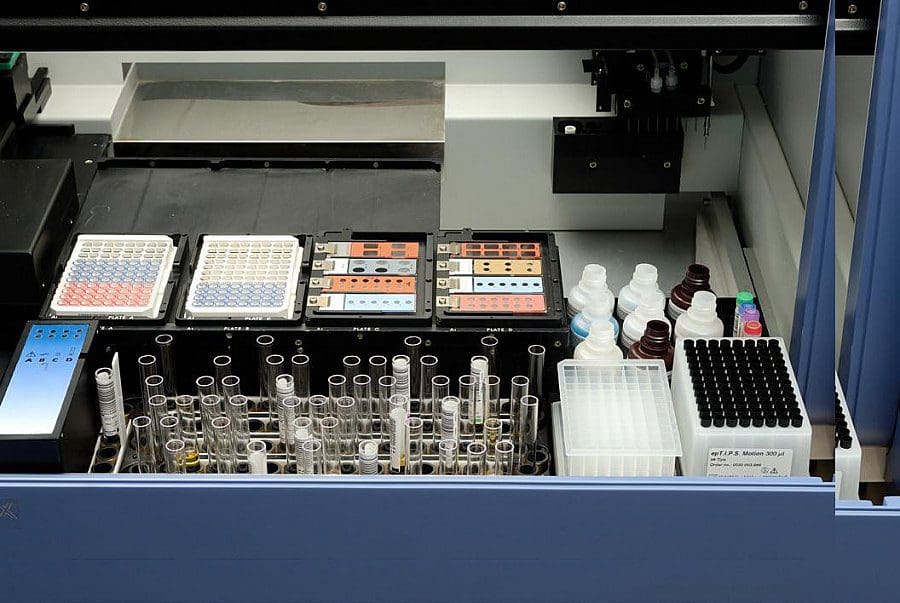

Troubleshooting Instruments as a Support Engineer
What do you do if something seems impossible to fix?
If something seems impossible, I do three things:
Take a break to clear my head
Observe the situation critically
Perform a detailed analysis of the issue.
Is there anything in your toolkit which isn’t a tool but proves to be useful?
A couple of them actually!
What are your tips to new engineers about troubleshooting?
Troubleshooting is all about understanding how the instruments works and critically observing any deviation to the way it should work.
What are your best ways for troubleshooting remotely?
Video calls are by far the best way.
Making a future star for instrument support engineering
What sort of personality traits and skills are ideal for this career?
In my opinion, there are four key important qualities to make someone ideal to be:
Relentless
Team player
Strategic thinker
Hardworking
Apart from a strong technical background, what are the three most important skills to have?
I think it is key to have:
Good communication skills
Clear technical writing skills
Excellent troubleshooting skills
What do you feel that you teach new engineers as well as the technical skills?
I try to instil the right attitude in the new Engineers. This is because for me skills can be taught, but the right attitude needs to be developed.
You have kept learning, for example python recently. Do you think that this is key for all field engineers?
I think to keep learning is very important.
However, learning python I wouldn’t say is for all Engineers but it is a good skill to learn if you really want to know more about software.


Responses